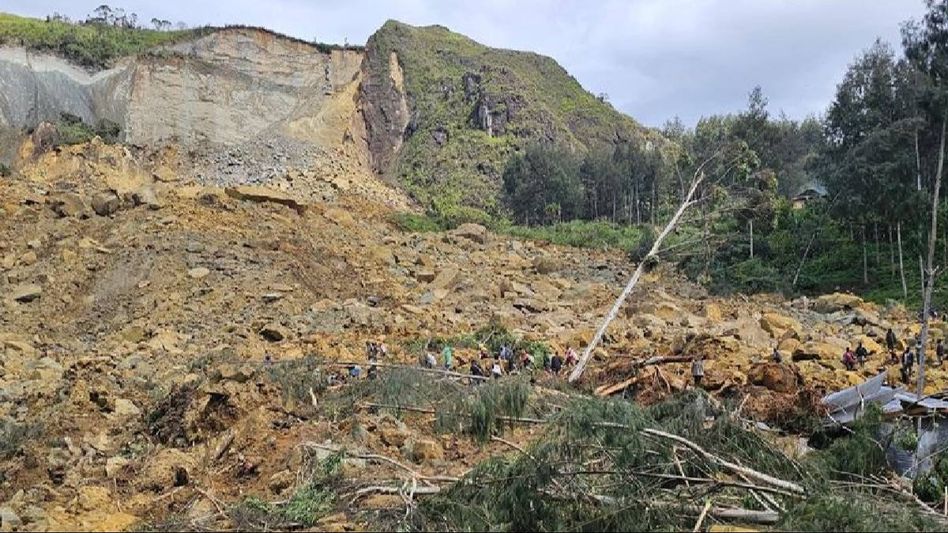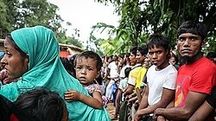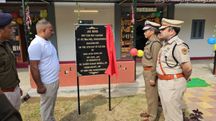Massive landslide in Papua New Guinea claims over 670 lives
A devastating landslide in Papua New Guinea's Yambali village has resulted in over 670 deaths, with rescue operations facing significant challenges due to unstable soil and tribal conflicts.
 Over 670 dead in Papua New Guinea landslide
Over 670 dead in Papua New Guinea landslideIn the aftermath of a catastrophic landslide in Papua New Guinea, the International Organization for Migration has reported a staggering death toll exceeding 670 individuals. The revised figure, a stark contrast to initial estimates, reflects the grim reality of the disaster that unfolded in Yambali village.
Serhan Aktoprak, head of the UN migration agency's mission in the South Pacific island nation, revealed the updated toll, elucidating that the calculation stemmed from assessments conducted by local officials. With more than 150 homes buried beneath the debris, the enormity of the tragedy continues to unfold.
"More than 670 people are estimated to be under the soil at the moment," Aktoprak conveyed to the Associated Press, painting a dire picture of the situation.
The efforts to recover survivors faced formidable challenges, compounded by tons of unstable earth posing a constant threat to rescue operations. Furthermore, the region's volatile tribal conflicts added another layer of complexity, hindering the relief efforts in the country's highlands.
Despite initial estimations putting the toll at 100 or more, the grim reality surpassed expectations, with only a handful of bodies recovered by Sunday. The landscape, buried under 6-8 meters of rubble, offered little hope for finding survivors, leading to a collective sense of mourning and grief among the affected communities.
In response to the escalating crisis, emergency responders swiftly mobilized, relocating survivors to safer locations as the precarious terrain remained a constant hazard. The government of Papua New Guinea is deliberating the necessity of requesting additional international support to address the magnitude of the disaster.
The devastation extended beyond the loss of lives, as clashes between rival clans resulted in further casualties and destruction. The chaos unleashed by tribal warfare compounded the challenges faced by convoys transporting essential supplies to the affected areas.
While the full extent of the tragedy continues to unfold, humanitarian organizations are racing against time to provide vital assistance to the survivors. With medical facilities and essential infrastructure obliterated by the landslide, the road to recovery promises to be arduous.
As Papua New Guinea grapples with one of its deadliest natural disasters in recent memory, the international community stands ready to lend a helping hand. The US, Australia, and other governments have expressed their willingness to offer assistance, underscoring the global solidarity in times of crisis.
Copyright©2026 Living Media India Limited. For reprint rights: Syndications Today









